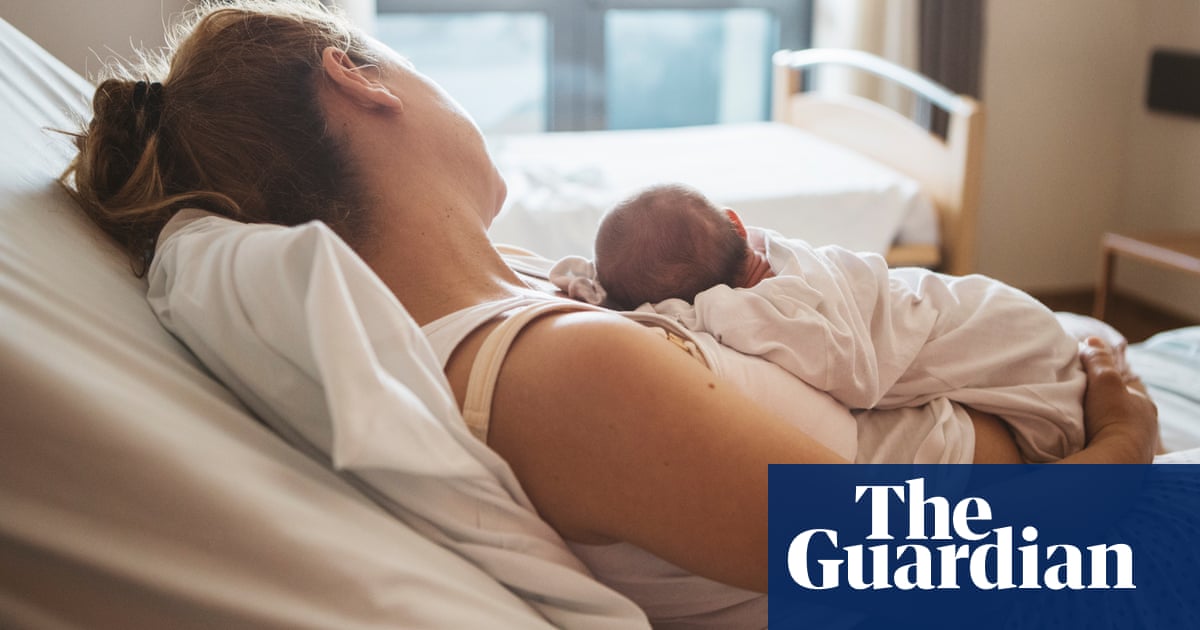
Unfashionable white eggs normally used in McDonald’s breakfast McMuffins are making a surprise comeback on the shelves of Tesco – the first time the supermarket has sold them for more than 40 years.
Following a successful trial, the UK’s largest retailer will sell the white shelled free-range eggs in order to meet unprecedented demand from shoppers, while supporting suppliers and avoiding waste.
Sales of fresh eggs have soared in the UK since the outbreak of coronavirus – and sold out during early stockpiling – as consumers stocked up with the high-protein, versatile food and staple breakfast and brunch ingredient.
With more people cooking and eating at home alongside a home-baking boom since the pandemic started, Tesco has seen demand for eggs rocket by 30% year on year.
Jean-Paul Michalski, the director of Noble Foods, which is supplying Tesco with the eggs, said: “Generally our white eggs are sold to a very large global restaurant chain which unfortunately had to close its doors because of the pandemic. They are also used within egg processing where the egg is broken into a liquid to be used for food manufacturers, hotel or restaurants.
“None of our standard retail customers stock white eggs so we are really grateful to Tesco for stepping in as the white eggs would have gone to waste.”
The eggs will cost the same as the brown free-range equivalent, starting from 89p for a box of six medium eggs.
Until the early 1970s white eggs – which are generally medium-sized – were popular in the UK but they had fallen out of favour by the end of the decade when shoppers began switching to the brown variety, which were larger and seen as healthier.
Since the 1980s, the UK industry has produced almost 100% brown shelled eggs for high street retailers. As a result there are now very few white egg-laying flocks in the UK; down to an estimated 250,000-300,000 of the 40m egg-laying birds in the UK.
Tesco eggs buying manager Megan Kilby said: “The initial trial during the lockdown has been a success and we will now be stocking white free range eggs for the first time in more than 40 years. These eggs are used throughout the restaurant industry so shoppers can be assured of their quality.
“The move could also have an agricultural benefit as white hens are more docile than brown ones and lay eggs for longer and more reliably.”
The lockdown has led to serious disruption of the UK’s food supply chain, with farmers, producers and wholesalers struggling to divert tens of thousands of tonnes of perishable food no longer required by restaurants, pubs, hotels and schools.
Britons spent £88m on fresh eggs as they stockpiled staple foods in the four weeks preceding the UK’s initial lockdown, according to data from the British Egg Industry Council. Over the four weeks leading to the week ending 22 March, an estimated 621m eggs were sold – nearly 20% more than the same time last year when 518m eggs worth £74m were sold.
Before the outbreak of the coronavirus, supermarkets were already reporting healthy sales thanks to the popularity of vegetarian and flexitarian diets.
But initial panic buying led to some supermarkets to impose shopper restrictions on purchases of eggs. Retailer John Lewis said egg cups were selling out as consumers, with time for a sit-down breakfast, took to boiling eggs again.












